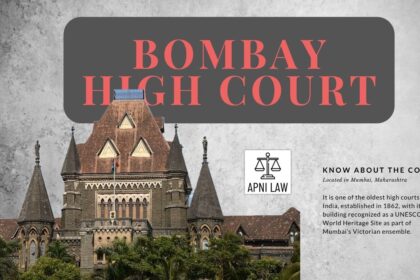Code: Section 521 BNSS
(1) The Central Government may make rules consistent with this Sanhita and the
Air Force Act, 1950, the Army Act, 1950, the Navy Act, 1957, and any other law, relating to
the Armed Forces of the Union, for the time being in force, as to cases in which persons
subject to army, naval or air-force law, or such other law, shall be tried by a Court to which
this Sanhita applies, or by a Court-martial; and when any person is brought before a Magistrate
and charged with an offence for which he is liable to be tried either by a Court to which this
Sanhita applies or by a Court-martial, such Magistrate shall have regard to such rules, and
shall in proper cases deliver him, together with a statement of the offence of which he is
accused, to the commanding officer of the unit to which he belongs, or to the commanding
officer of the nearest army, naval or air-force station, as the case may be, for the purpose of
being tried by a Court-martial.
Explanation.—In this section—
(a) “unit” includes a regiment, corps, ship, detachment, group, battalion or
company;
(b) “Court-martial” includes any Tribunal with the powers similar to those of a
Court-martial constituted under the relevant law applicable to the Armed Forces of
the Union.
(2) Every Magistrate shall, on receiving a written application for that purpose by the
commanding officer of any unit or body of soldiers, sailors or airmen stationed or employed
at any such place, use his utmost endeavours to apprehend and secure any person accused
of such offence.
(3) A High Court may, if it thinks fit, direct that a prisoner detained in any jail situate
within the State be brought before a Court-martial for trial or to be examined touching any
matter pending before the Court-martial.
Explanation of Section 521 BNSS
Section 521 of the BNSS deals with the procedures for individuals who are subject to military law and are accused of committing an offence. The section outlines the responsibilities of a Magistrate when such a person is brought before them.
Key aspects include:
- Rule-making by the Central Government: The Central Government may create rules to determine when an individual subject to military law (Army, Navy, Air Force, etc.) should be tried by a Court under the BNSS or by a Court-martial.
- Magistrate’s Role: If an individual is charged with an offence that can be tried by either a civil Court or a Court-martial, the Magistrate will deliver the accused person to the appropriate commanding officer for trial by a Court-martial.
- High Court Involvement: The High Court has the authority to direct that a prisoner be brought before a Court-martial if deemed necessary for trial or examination.
This section ensures that military personnel, accused of certain offences, are tried by the appropriate military body while maintaining alignment with the civil judicial system.
Illustration
Example 1: Delivery of an Accused to a Court-Martial
A soldier is accused of an offence that falls under the jurisdiction of a Court-martial. After being brought before a Magistrate, the Magistrate refers the soldier to their commanding officer for trial by Court-martial in accordance with Section 521.
Example 2: High Court’s Direction
A prisoner detained in a state jail is ordered by the High Court to be brought before a Court-martial for further examination of charges related to military law under Section 521(3).
Common Questions and Answers on Section 521 BNSS
1. What is the role of a Magistrate under Section 521?
- Answer: A Magistrate is responsible for referring individuals subject to military law, who are accused of offences, to the appropriate commanding officer or military unit for trial by Court-martial.
2. Can a High Court intervene in military trials?
- Answer: Yes, Section 521(3) allows the High Court to direct the transfer of a prisoner to a Court-martial for trial or examination if deemed necessary.
3. What does “Court-martial” mean in this context?
- Answer: A Court-martial refers to a military tribunal with powers similar to a civil court, constituted under the laws governing the Armed Forces of the Union.
Conclusion
Section 521 of the BNSS is an essential provision for ensuring that individuals in the Armed Forces, when accused of certain offences, are tried by the appropriate military authorities. This section establishes the process for Magistrates to deliver accused personnel to commanding officers and empowers the High Court to facilitate the process when required.








